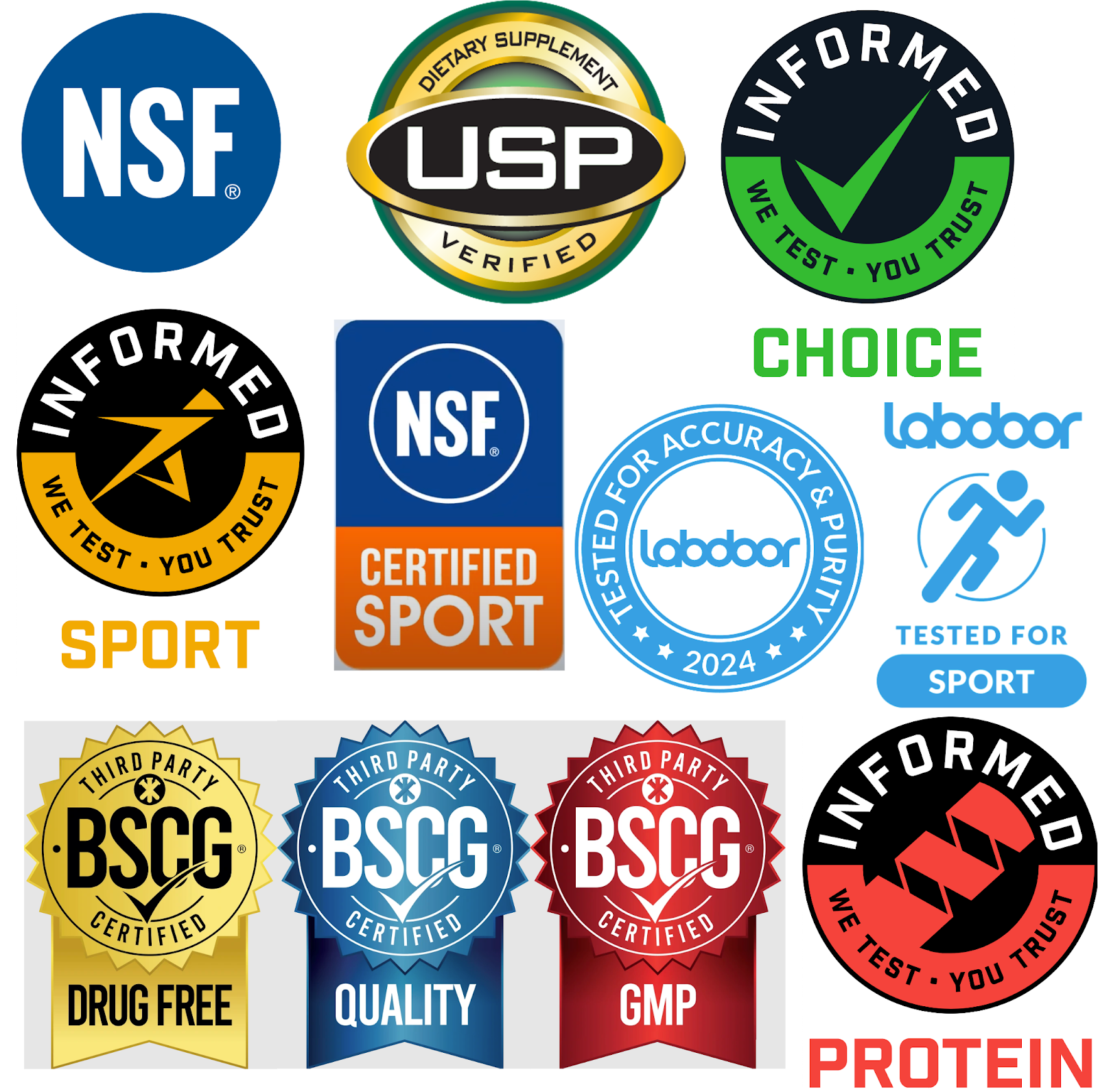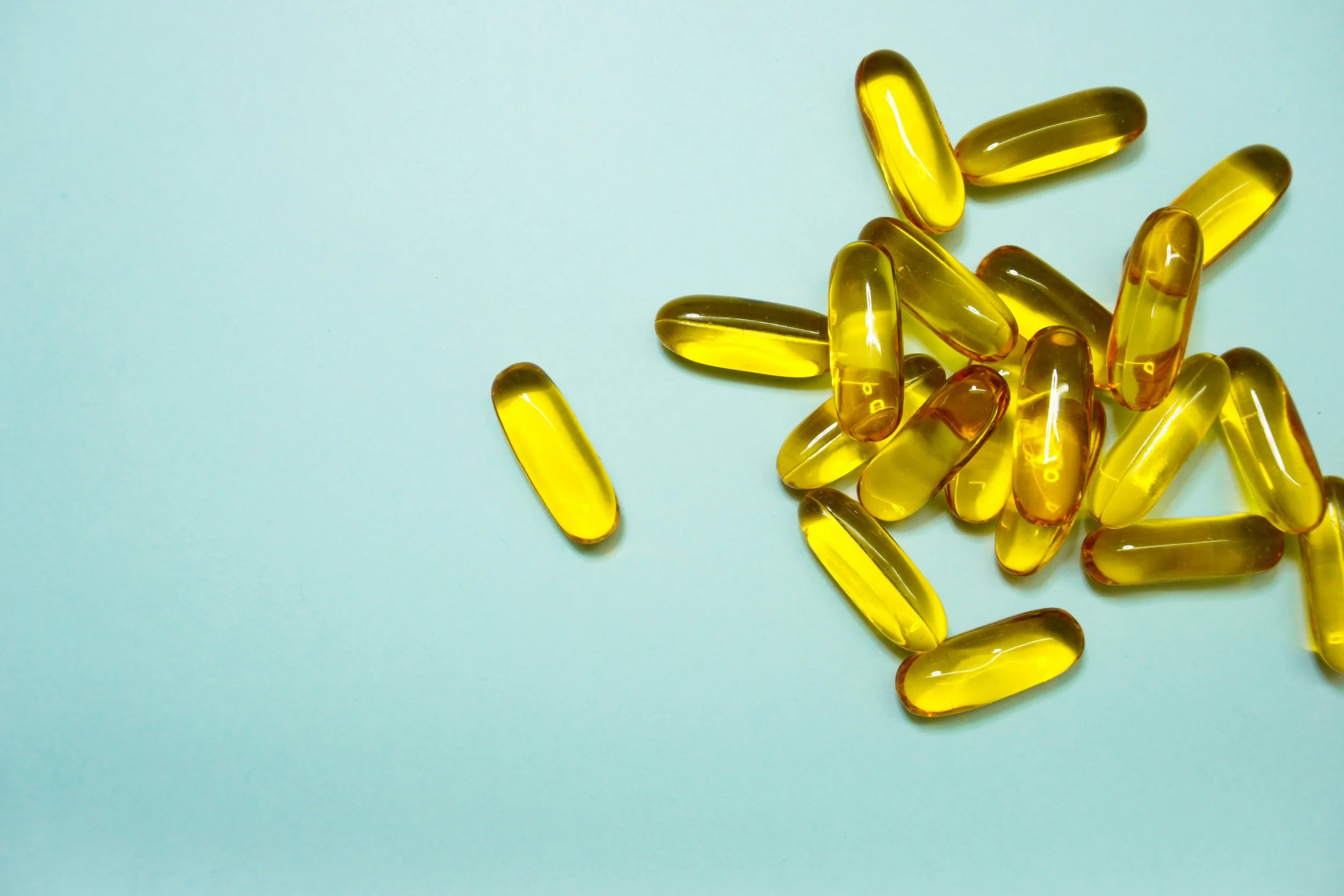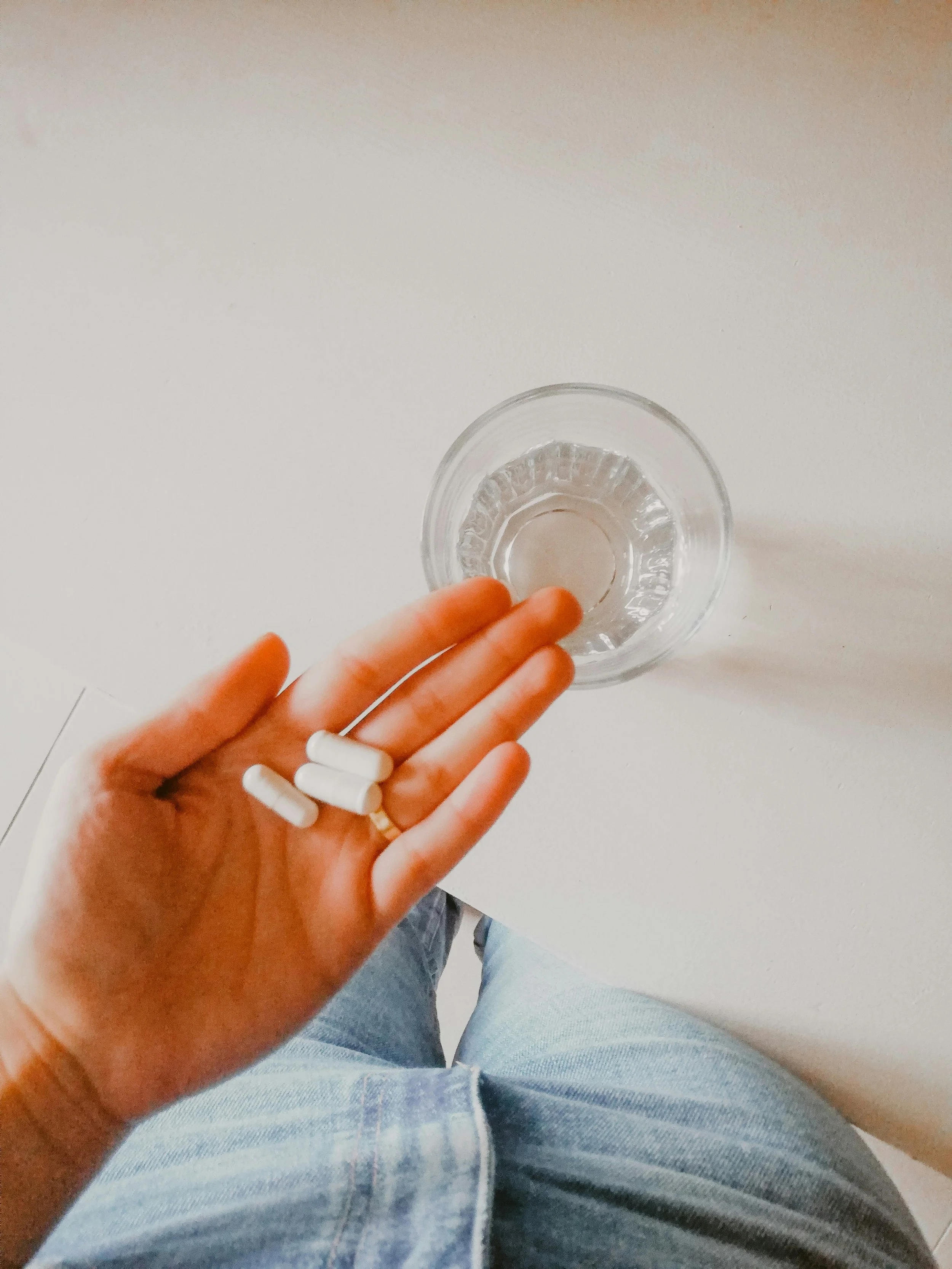Why Third-Party Testing Matters for Supplements
Supplements aren’t regulated before they hit shelves — and many products don’t contain what their labels promise.
Third-party testing is an independent verification that what you’re buying actually matches the label and is free of contaminants. Here’s exactly how to spot real testing, why it matters for your safety and results, and how to choose wisely as a consumer.
With over 77% of Americans using dietary supplements, making informed, safe choices has never been more critical. Unlike prescription medications, supplements aren’t tightly regulated by the FDA before they hit the market. That’s where third-party testing comes in—your best tool to separate hype from health.
In this article, you’ll learn what third-party testing means, why it matters for supplement safety, how to identify certified products, and which trusted brands I recommend as a registered dietitian.
What Is Third-Party Testing in Supplements?
Third-party testing means that an independent lab, not affiliated with the supplement manufacturer, verifies the product's quality, safety, and label accuracy. These labs test for:
Ingredient amounts (does the label match the content?)
Contaminants like heavy metals, pesticides, or solvents
Microbial purity (no bacteria, mold, or yeast)
Banned or hidden substances
Because supplements don’t require FDA approval before sale, third-party testing is one of the few quality-control tools available to consumers.
Why It Matters
A 2013 review found that over 20% of tested supplements contained undeclared substances or ingredients not listed on the label. Without third-party oversight, you’re placing full trust in the manufacturer.
Why Third-Party Testing Matters for Supplement Safety
Hidden Risks of Unverified Supplements
Heavy metal contamination, particularly in herbal supplements and protein powders
Incorrect dosages, either too low to be effective or dangerously high
Undeclared pharmaceuticals, often found in weight-loss and performance products
Who Needs to Be Especially Careful
Athletes subject to drug testing
Pregnant or breastfeeding women
People with chronic illness or compromised immunity
Anyone taking multiple supplements or medications
Trusted Third-Party Certifications to Look For
When scanning a supplement label, look for certifications from these reputable third-party organizations:
NSF Certified for Sport – Screens for 280+ banned substances
USP Verified – Verifies ingredients, potency, and purity
Informed Choice – Ideal for athletes and professionals
ConsumerLab – Offers independent product testing and publishes results
BSCG (Banned Substances Control Group) – Used by Olympic and pro athletes
How to Tell if Your Supplement Is Third-Party Tested
Key Label Features
Look for seals like NSF, USP, or Informed Choice
QR codes or lot numbers that trace to a Certificate of Analysis (COA)
Transparent ingredient sourcing listed on the website
Red Flags to Watch Out For
Terms like “lab tested” without third-party certification
No mention of testing on the label or website
Brands that make dramatic health claims without data
Dietitian-Recommended Third-Party Tested Supplements
Here are trusted supplement brands I personally recommend based on transparency, third-party testing, and quality:
Thorne
Best for: daily foundational nutrients, clinical-grade formulas, people with sensitive systems
Certification: NSF Certified, in-house and third-party testing, COAs available
Avoid if: you’re on a very tight budget or don’t need higher-potency formulas
Pure Encapsulations
Best for: food sensitivities, GI issues, hormone and thyroid support
Certification: NSF GMP registered, third-party tested, pharmaceutical-grade standards
Avoid if: you want flavored, chewable, or “lifestyle” style supplements
Designs for Health
Best for: hormone balance, gut health, functional medicine protocols
Certification: third-party tested, GMP certified, quality-controlled manufacturing
Avoid if: you prefer mainstream retail brands or very low-cost options
Nordic Naturals
Best for: omega-3s, brain health, inflammation, pregnancy and fertility support
Certification: third-party tested, IFOS certified for fish oil purity
Avoid if: you dislike flavored oils or need strictly vegan omega-3s
Garden of Life
Best for: whole-food based supplements, vegan options, organic-focused shoppers
Certification: NSF Certified, USDA Organic (some products), third-party tested
Avoid if: you prefer minimalist formulas without added blends or herbs
Nature Made
Best for: basic daily vitamins, budget-friendly options, beginners
Certification: USP Verified on many products
Avoid if: you need specialized or therapeutic-dose supplements
NOW Foods
Best for: affordable supplements, wide variety, sports nutrition
Certification: third-party tested, Informed Sport (some products), GMP certified
Avoid if: you want only premium or practitioner-grade brands
Life Extension
Best for: longevity-focused formulas, antioxidants, specialty nutrients
Certification: third-party tested, certificate of analysis available
Avoid if: you prefer simple, single-ingredient supplements
Browse more in my Amazon-approved supplement storefront.
How to Choose Safe, High-Quality Supplements
Ask yourself:
Is this supplement third-party tested?
Does the company share COAs or lab results?
Are the ingredient sources and dosages clearly listed?
Third-party testing verifies a supplement’s contents and purity — it does not guarantee that the supplement will fix a health condition or deliver clinical results. Always pair supplements with food-first strategies and professional guidance.
Need help building your supplement and nutrition plan?
Book personalized support through my nutrition counseling services.
Frequently Asked Questions
What is the best third-party certification for supplements?
NSF Certified for Sport and USP Verified are two of the most trusted and recognized certifications.
Are supplements on Amazon reliable?
Only if sold by the brand’s official storefront and clearly marked with third-party certification. You can view trusted options in my curated Amazon list.
Why don’t all supplement companies do third-party testing?
It’s costly and voluntary. Some companies cut corners, which is why transparency and testing matter.
Want to Skip the Guesswork?
If you want help creating a safe, supplement-supported routine tailored to your body and goals, book a virtual or in-person session.
Next, check out another blog: Top Dietitian-Approved Third-Party Supplements




